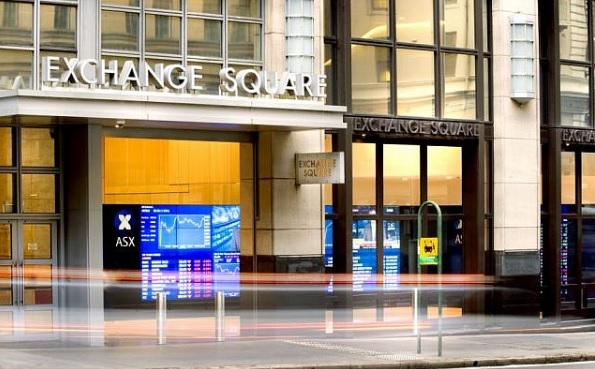Sector rotation strategies can be used by investors to maximise portfolio returns. This is achieved by identifying which sectors perform the best in different economic environments. Some sectors perform very well when the economy is booming while others sectors don’t do as well. Identifying these sectors can give the investor an edge to share performance.
Early Cycle Phase:
Features of this phase: Low inflation, low increasing interest rates.
The economy may have just recovered from a recession. Low interest rates from easy monetary policy encourages businesses to borrow money to grow. Corporate earnings are growing and consumers are spending in this stage.
Stocks to buy:
- Banks: In a low interest environment banks would do well. More people would be attracted to take up loans in a low interest rate environment as opposed to a high interest rate environment. Banks would experience an increase in business and earnings in the expansion phase.
- Real Estate Stocks: Stocks involved in this industry would do well in an expansion phase as there is a positive correlation between housing expenditure and low interest rates. Look for stocks in property trusts, property development, and property advertising.
- Housing Goods: Linked to a boom in housing would be goods associated with housing. This could include furniture companies, durable goods, and companies involved in housing renovation.
- Consumer Discretionary: As credit is easier to obtain in a low interest environment, consumers have more capacity to borrow and buy non-essential goods such as cars, apparel and durable goods, entertainment and leisure.
Mid- Cycle Phase:
Features of this phase: Moderate Inflation, moderate interest rates.
The economy is showing signs of strength but growth is moderate. Corporate earnings are strongest out of all the cycles.
Stocks to buy:
- Material Stocks: Stocks in the materials sector are involved in the extraction, development and processing of raw materials to produce finished goods. They would do well in this stage as there is strength in the economy.
- Industrial Stocks: These are stocks which produce goods in construction and manufacturing. As the economy is showing signs of strength, there would be demand in building construction. This would be in residential and commercial. There will also be a demand in manufactured products.
- Technology stocks: Companies in manufacturing computer hardware, software services and communication equipment have typically performed well in this phase. This is because companies have more confidence in the economy and are willing to invest in capital expenditures.
Late Cycle Phase:
Features of this Phase: High Inflation, high interest rates.
Economic growth is slowing. Stock prices are expensive with high P/E ratios. Corporate profit margins decline.
Stocks to Buy:
- Financials: Higher interest rates also mean higher earnings for banks as their interest margins increase. Rising interest rates also indicate a strong economy so banks have less default loans.
- Transportation: Companies involved in the transportation of goods and passengers such as airlines, truck transportation and rail.
- Health Care: This sector is less economically sensitive so stocks in healthcare would still do well with a higher interest rate environment.
- Consumer Staples: Companies involved with basic needs such as consumer staples will still have strong earnings in the late expansion stage.
- Energy: Energy stocks usually outperform the index in high interest rate environments.
- Utilities: These companies perform well in due to their stable cash flow and dividend yield.
Recession Stage:
Features of this phase: Decreasing inflation, decreasing interest rates.
Economy is declining and company earnings are low. Defensive stocks would be most popular in this economic phase. Sectors which are economically sensitive will lag in earnings.
Stocks to Buy:
- Consumer Staples: These are essential consumers good which are purchased regardless of the economic climate such as groceries.
- Utilities: Consumers need to use electricity, gas and water even if they are going through a recession. These defensive stocks have been seen as safer stocks to invest in when in a recession.
- Telecommunications: People will still use their mobile phones and internet in a weak economy.
- Healthcare: Consumers will always need to buy medicine and medical aid regardless of the economic downturn.
Lauren Hua is a private client adviser at Fairmont Equities.
An 8-week FREE TRIAL to The Dynamic Investor can be found HERE.
Would you like us to call you when we have a great idea? Check out our services.
Disclaimer: The information in this article is general advice only. Read our full disclaimer HERE.
Like this article? Share it now on Facebook and Twitter!

